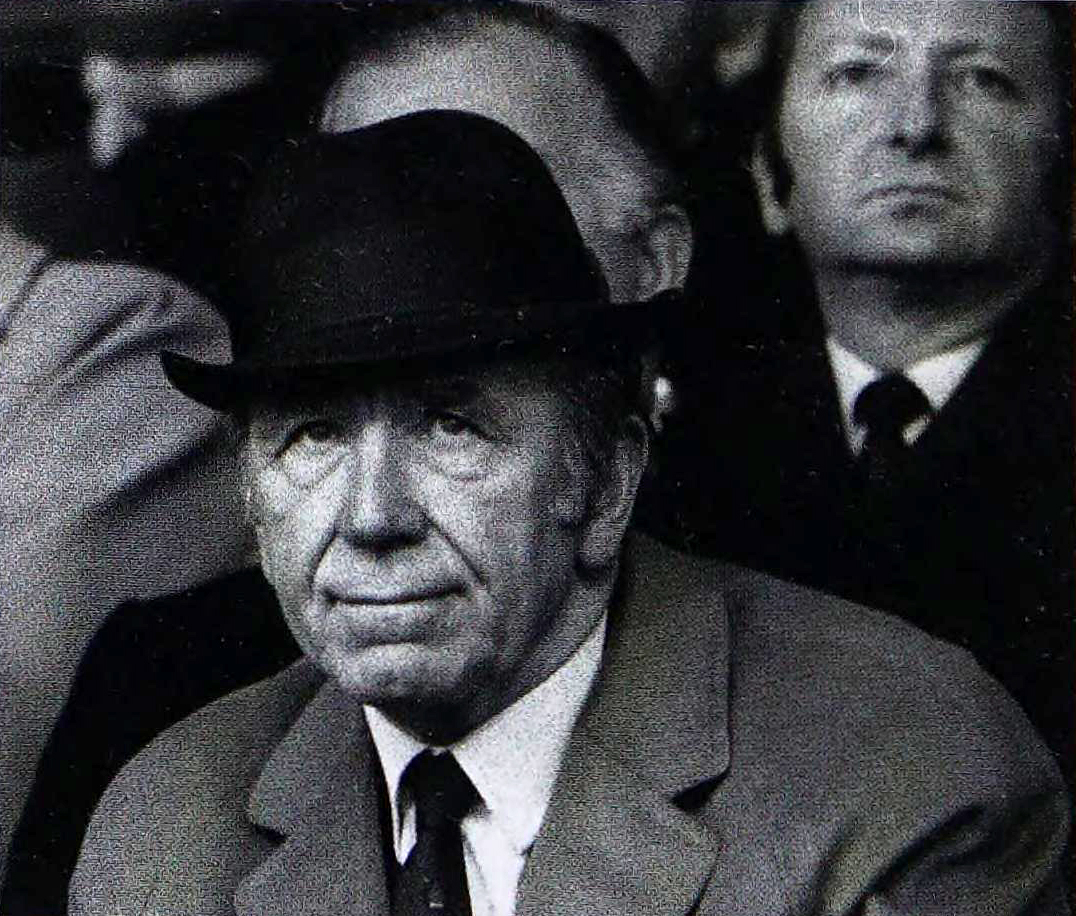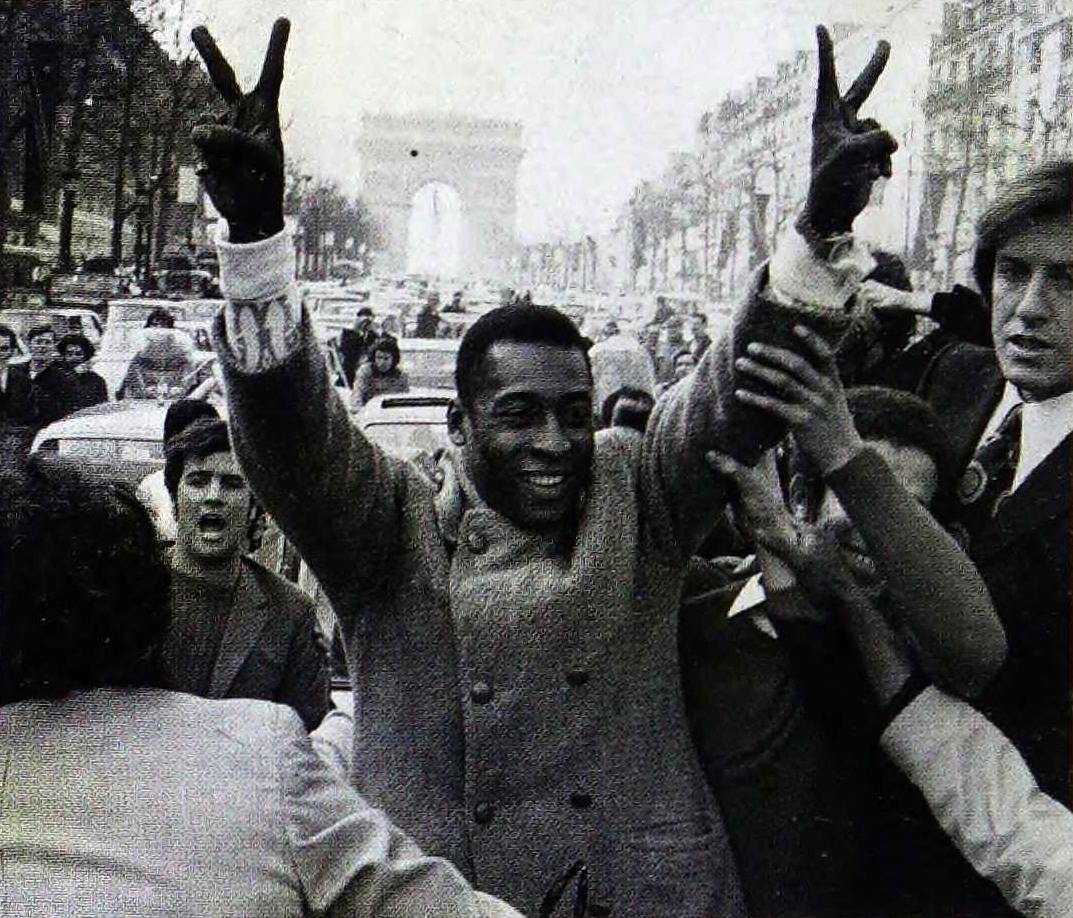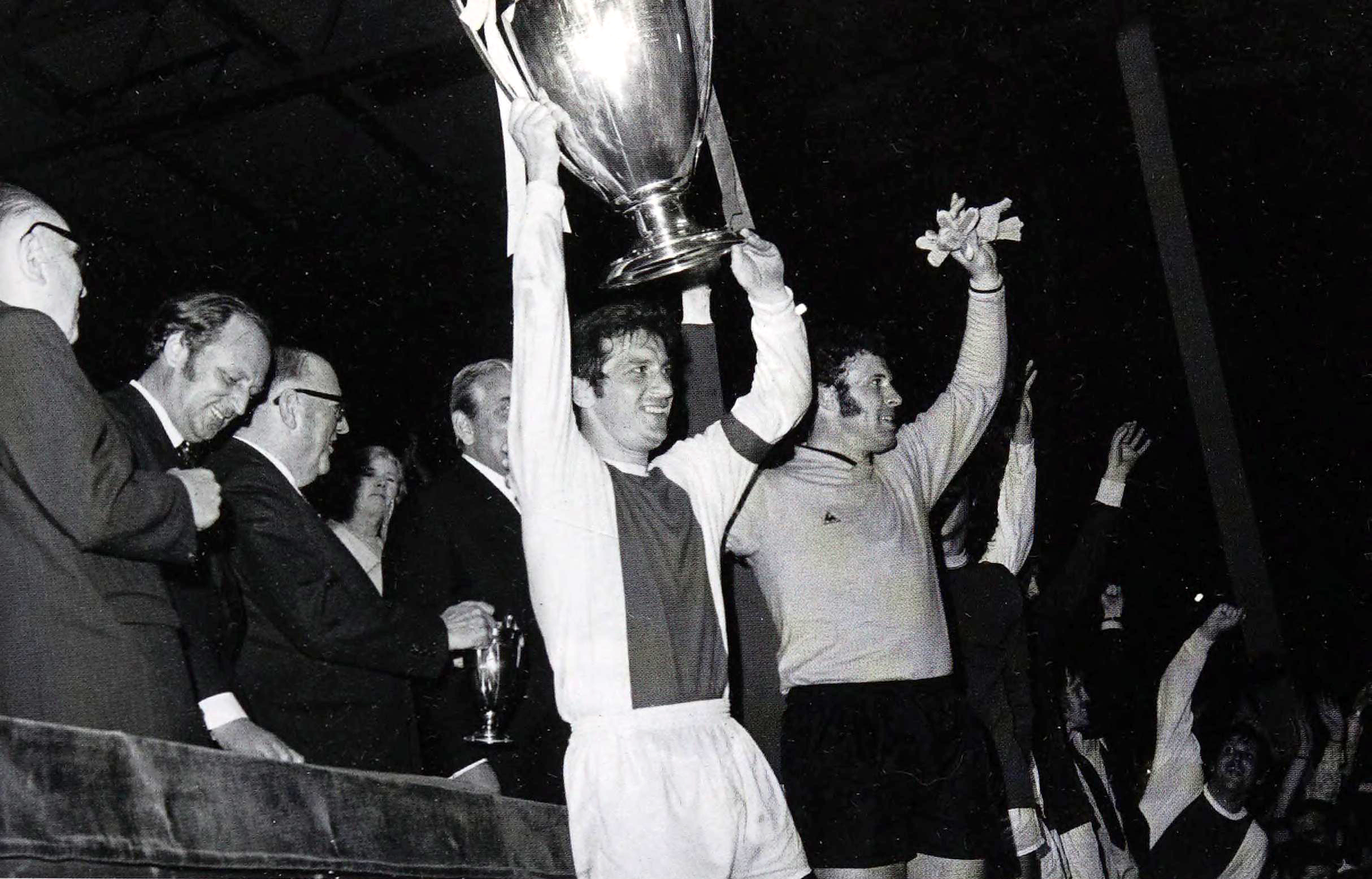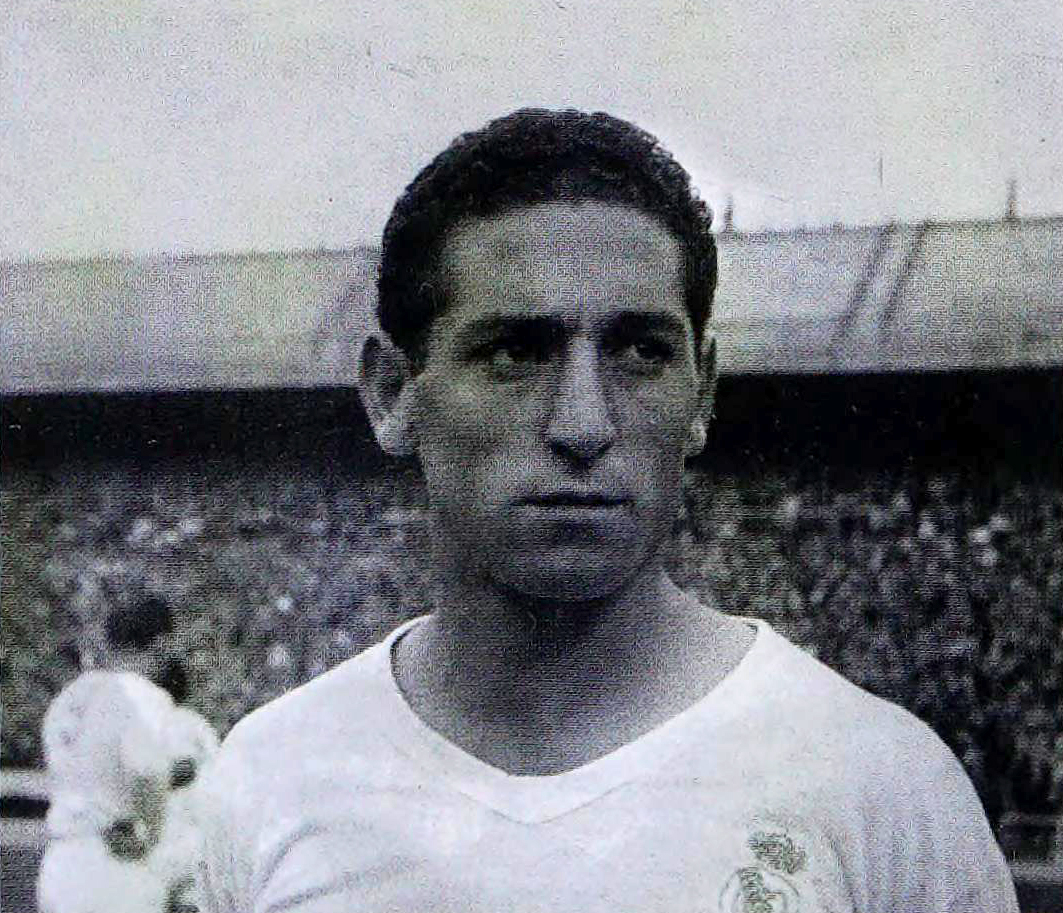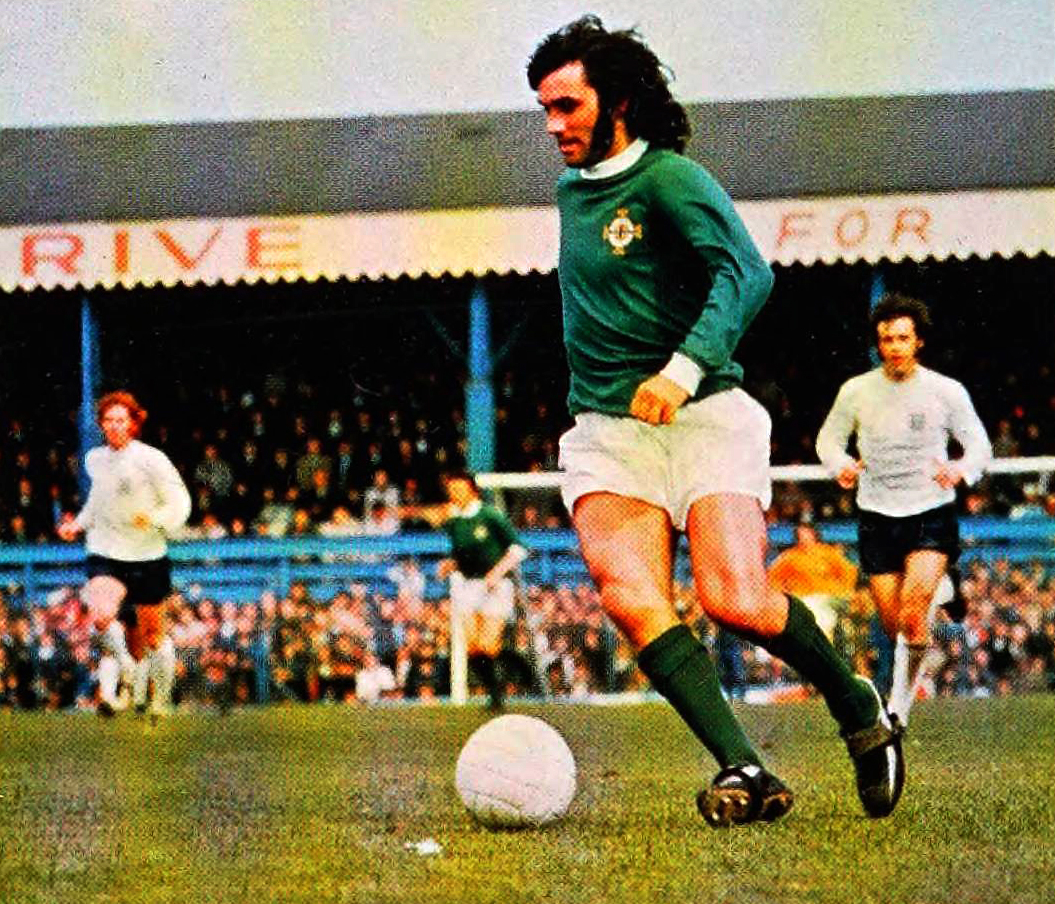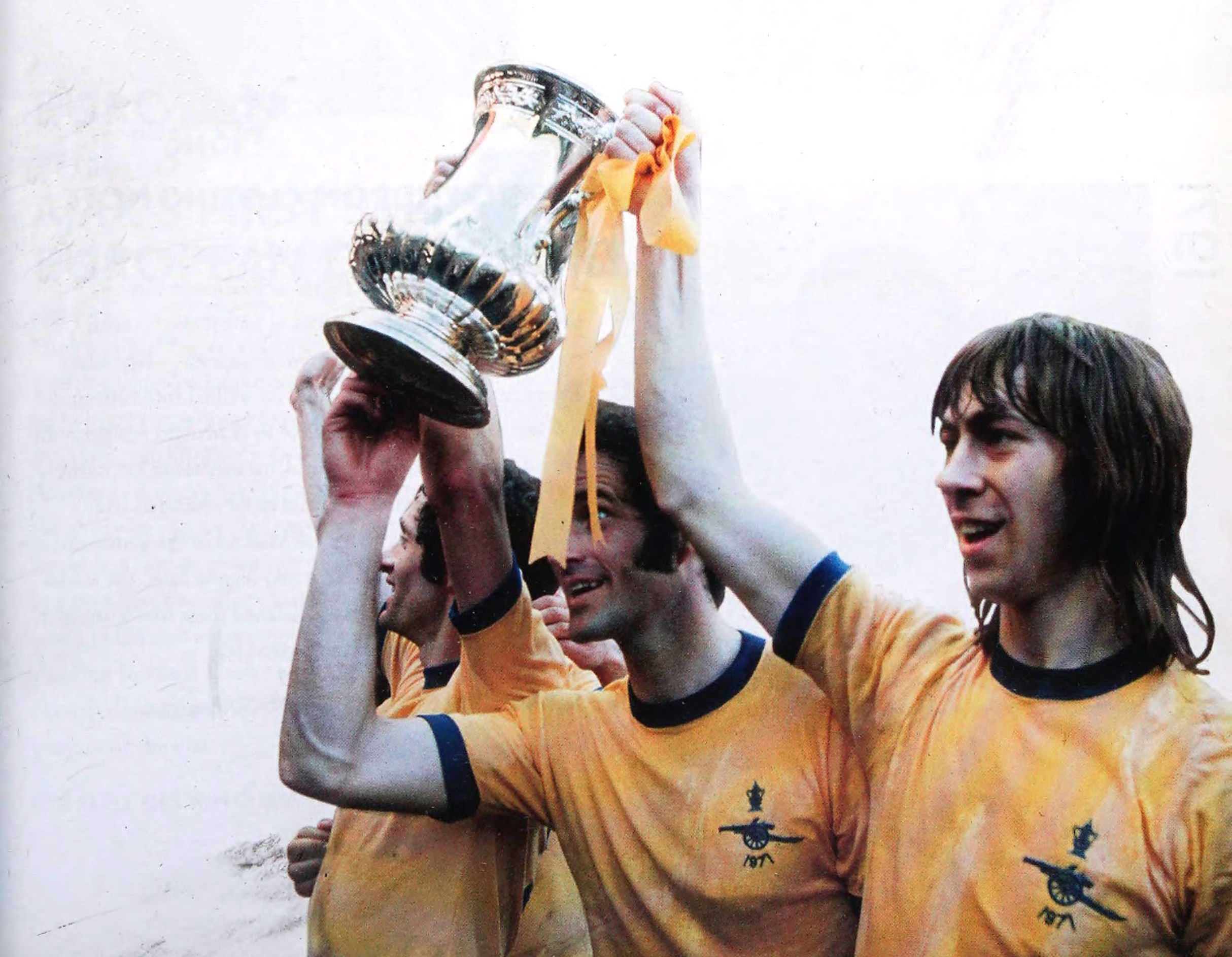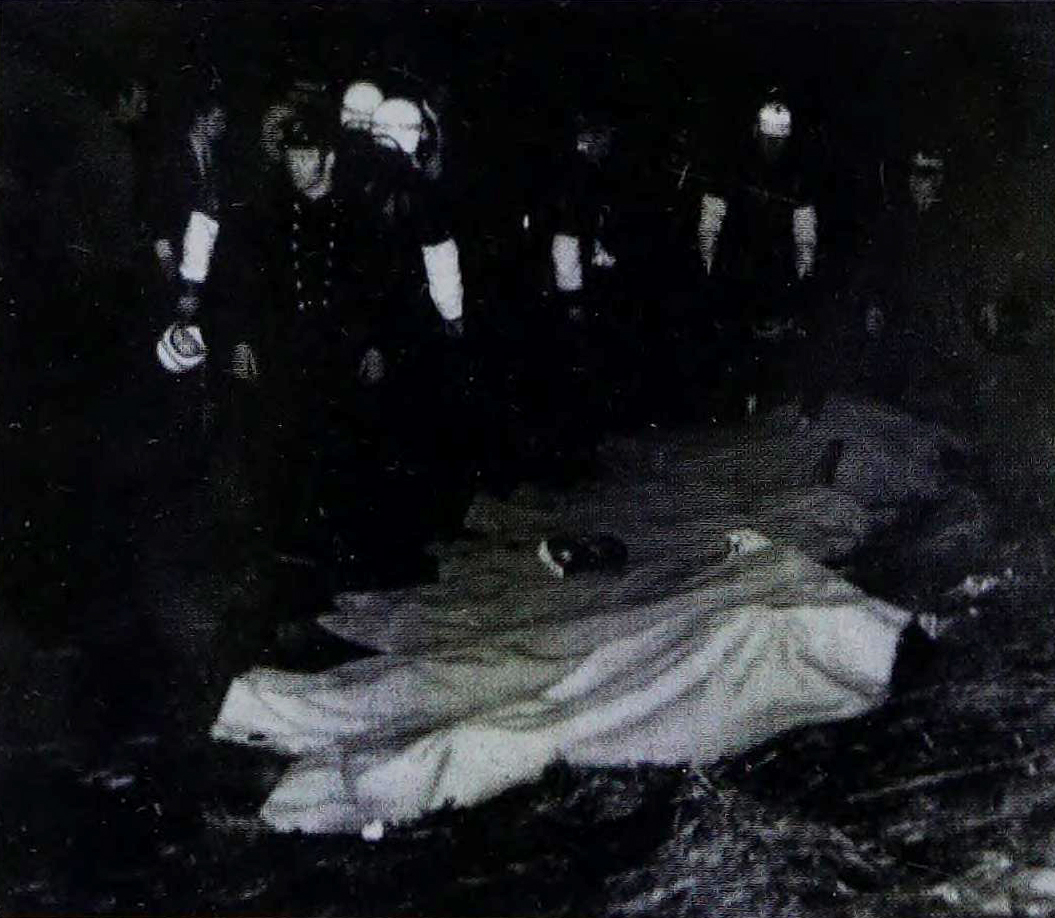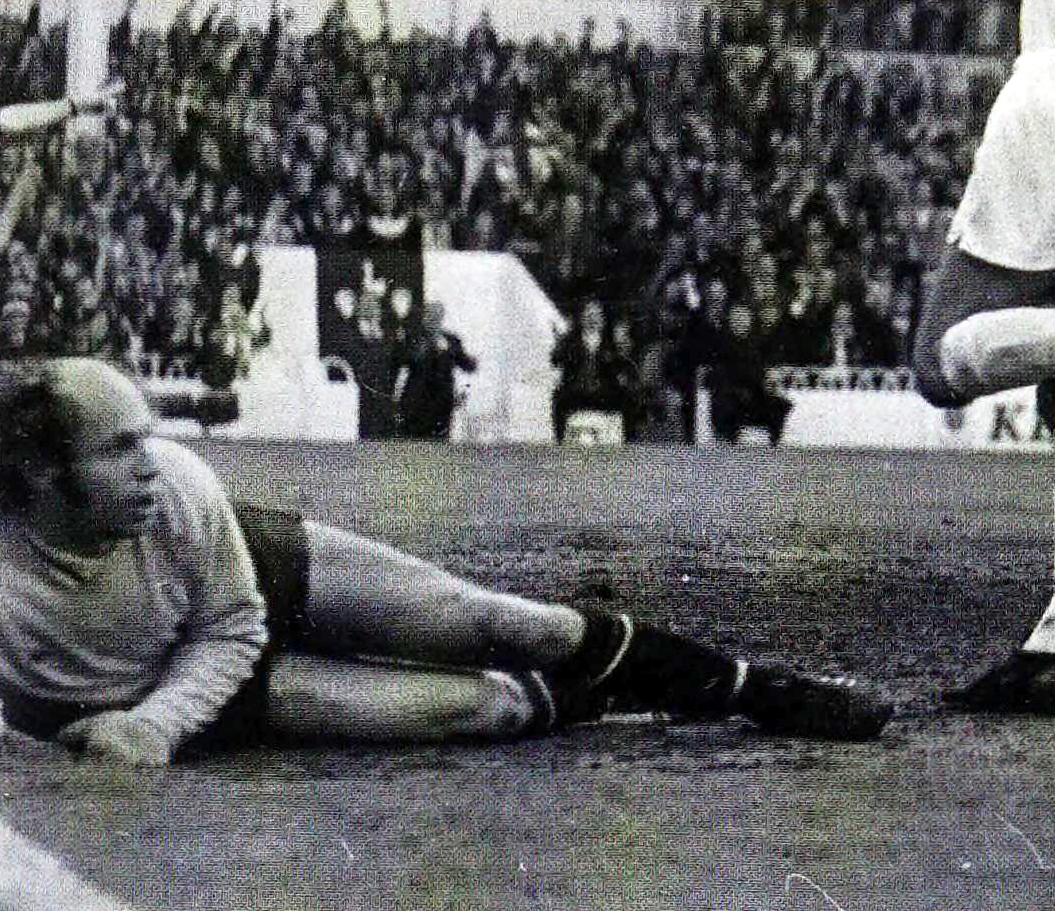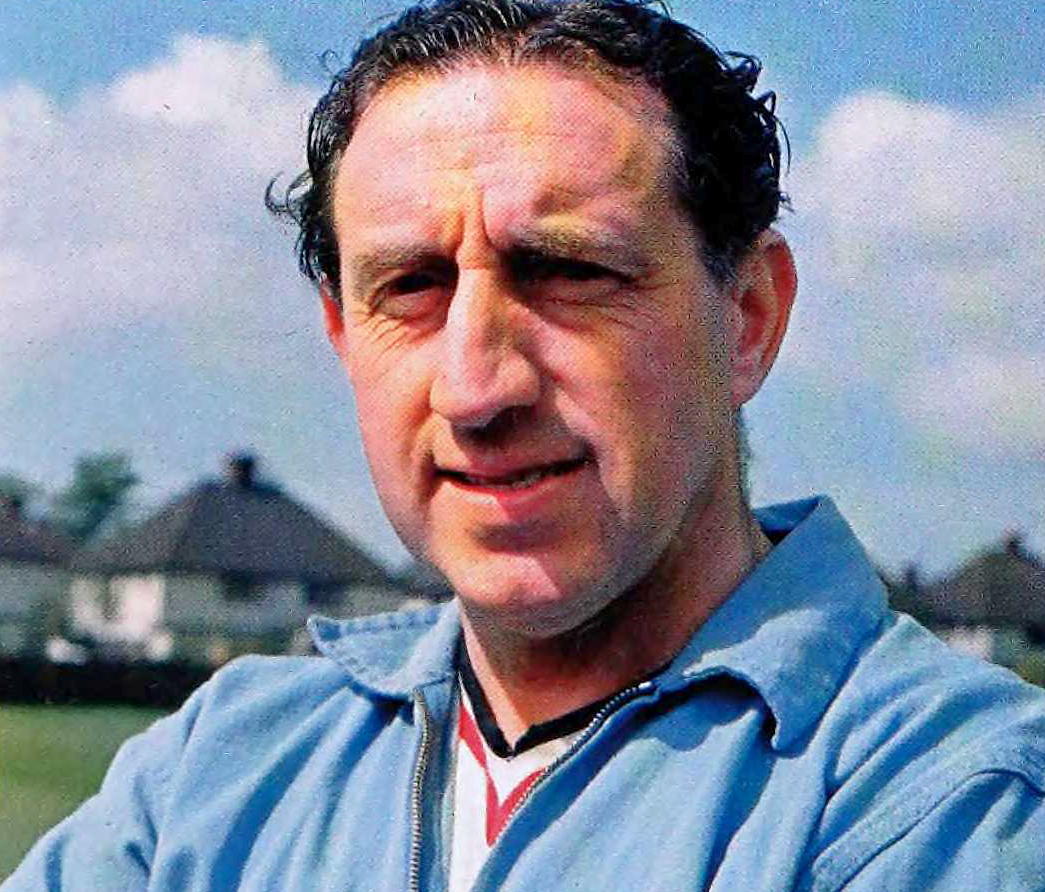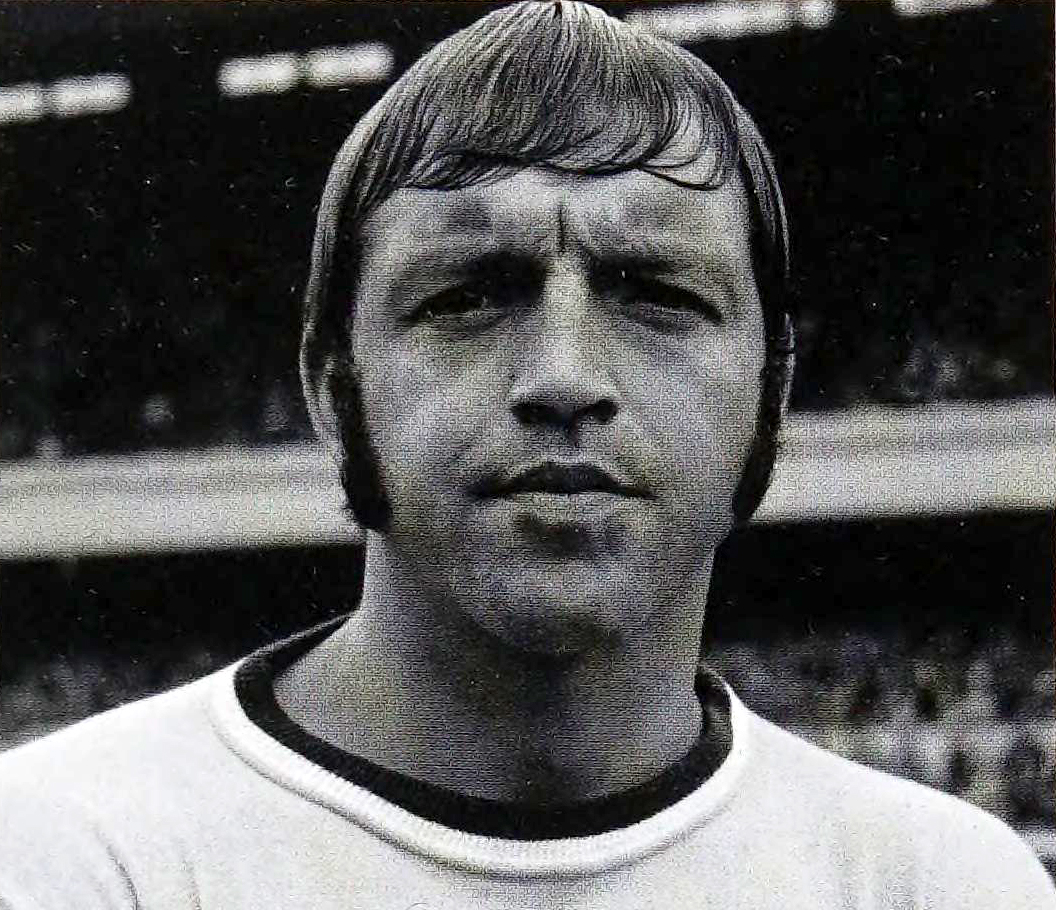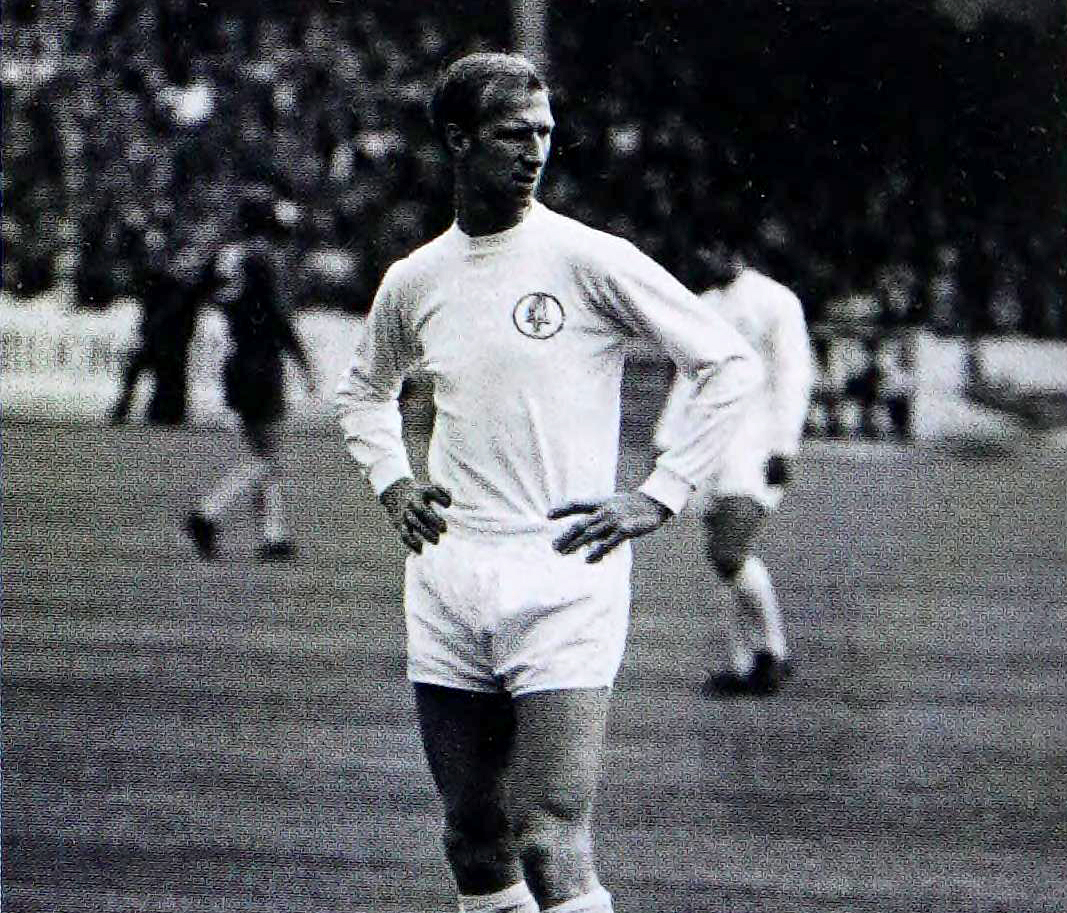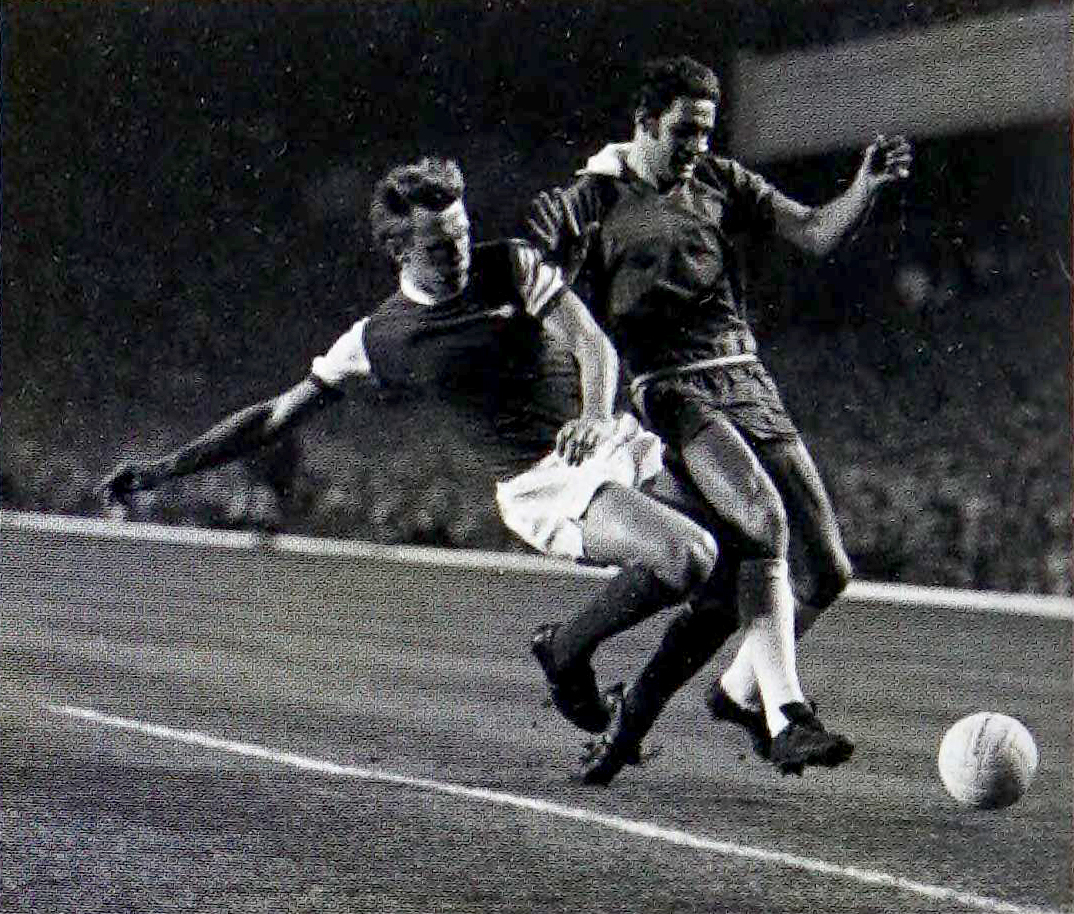Talented Arsenal striker Charhe George claims, rather over-modestly, that he is more famous, certainly among supporters of other teams, for lying down on the celebrated turf of Wembley Stadium than for anything else. The iconic photograph of his goal celebration in the 1971 FA Cup final was flashed around the world and over 30 years on the mere mention of George’s name can still conjure up the image. Lying down, arms outstretched on the green turf, George was ecstatic at scoring the winning goal in a 2-1 extra-time Cup final win against Liverpool. Pictured soaking up the elation of the fans and his team-mates alike, his heartfelt expression of joy has become part of football folklore.
© Copyright 2021-2023 All Rights Reserved

